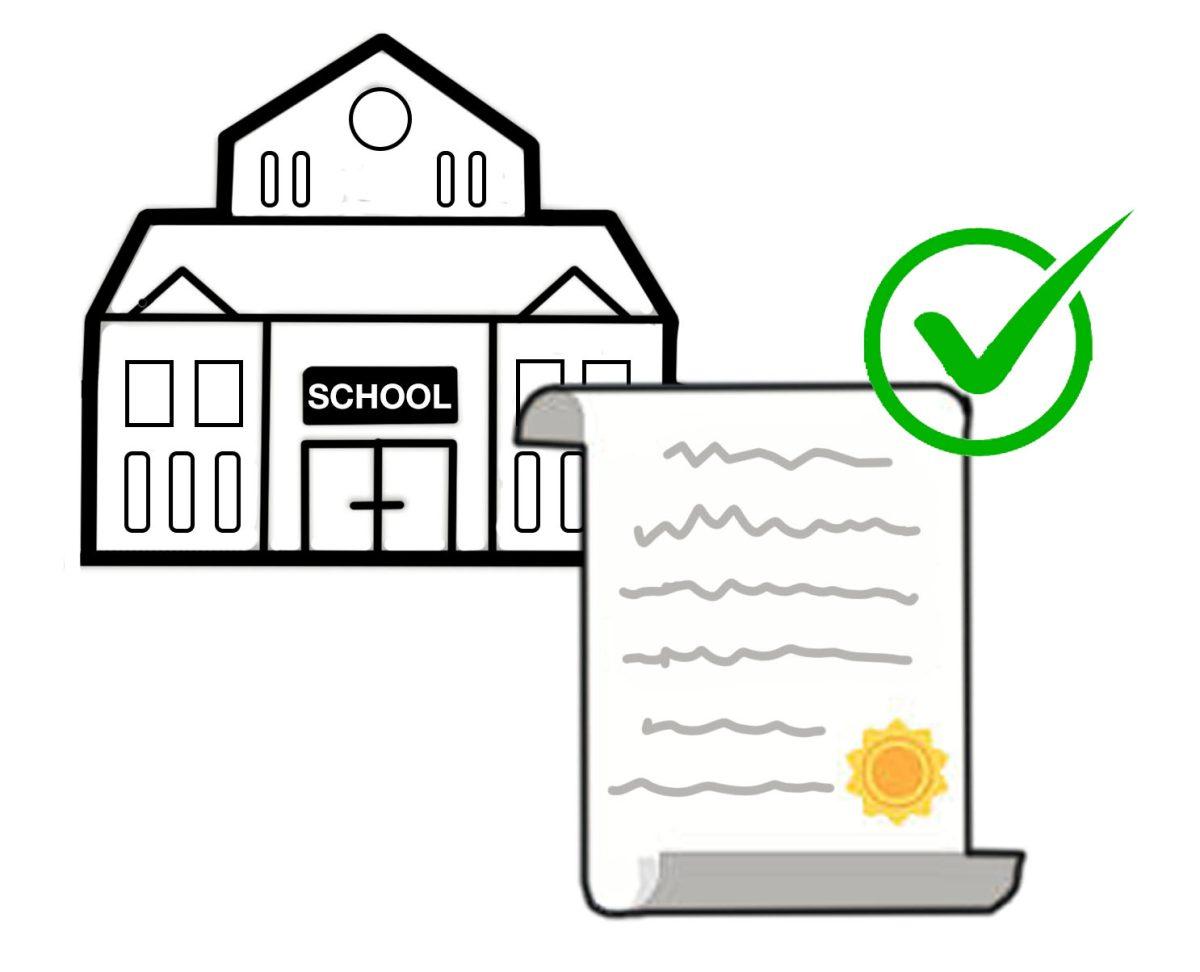
_Abigail Ruhman is a sophomore majoring in journalism, sociology and women’s and gender studies at MU. She is an opinion columnist who writes about student life, politics and social issues for The Maneater._
Despite all the problems with the American public school system, educators in public schools deserve more support.
Educators are forced into situations where they must choose between their students or themselves more often than the general public knows. Even with this emotionally loaded choice to make, educators have acted in selfless ways in order to help students.
If colleges and universities want to cultivate inclusion, innovation and creativity, they should be actively supporting any legislation or action that supports public school teachers. While universities have been able to avoid getting involved in the messy political sphere of public elementary and secondary education, they shouldn’t even have the option to pass.
Inclusion, innovation and creativity have become buzzwords used in post-secondary educational institutions to attract the students that colleges and universities want. The images created by these buzzwords are ones that make money. Universities and colleges have to be willing to stand with educators. Choosing to recognize the impact that educators have is vital to the continued health of post-secondary education. Universities don’t have to pay the bill — they just have to advocate for the people who inspire the students that go to college. The better the images seem, the more people will fight to be a part of them.
However, institutions seeking out students who create these images owe a lot of their success to public school teachers. Effective teachers are linked to a higher likelihood of academic success, according to Educational Research Newsletter and Webinars. In addition to promoting academic achievement, effective educators who utilize creativity and innovation in schools and classrooms introduce these qualities to students.
Colleges and universities are not subtle about behaving like or as businesses. Student performance and outward displays of creativity or innovation are valuable assets. While public school teachers don’t create these traits, they help groups of students develop them meaning they are vital to colleges and universities.
Education is underfunded, which leaves classrooms and teachers without the resources they need. Colleges and universities should be the first ones standing with teachers during strikes and legislative battles. If the goal is to inspire the next community of enthusiastic academics, supporting students before they get to college makes the most sense.
Teachers need support. Recently, Amanda Coffman, a teacher from Kansas, quit during a school board meeting because the district was forcing teachers into a three-year contract that had negative impacts on them. The contract was made after failed attempts at negotiating with the teacher’s union, according to The Kansas City Star.
At the beginning of her speech, Coffman told the board what a friend of hers had said to her once: “Teaching is like a bad marriage. You never get your needs met, but you stay in it for the kids.” She pointed out the fact that the district’s actions hurt students as well as teachers. While explaining why she made her decision, she emphasized to her students that she was not abandoning them.
Coffman and her friend are not alone in their dedication to their students. Teachers, on average, spend close to $500 of their own money to provide students with the supplies they need with more than 90% not getting reimbursed, according to Emma Garcia, an economist for the Economic Policy Institute.
Without teachers there to create inclusion, innovation and creativity, colleges and universities lose the thing that tends to define them. Educators are important, and everyone should stand with them as they fight for fair pay and classroom support. Post-secondary education has a unique obligation to public school education.
As academic institutions, colleges and universities need to fight for and with elementary and secondary teachers. Without teachers, academic institutions would fall apart. The education system is broken, but it wouldn’t be absurd to think that teachers might know how to fix it. They create, inspire and support the people who grow up to be college students, academics, professors and support staff.
For colleges and universities, actively supporting public school teachers isn’t a political stance — it’s a necessary one.
_Edited by Bryce Kolk | [email protected]_